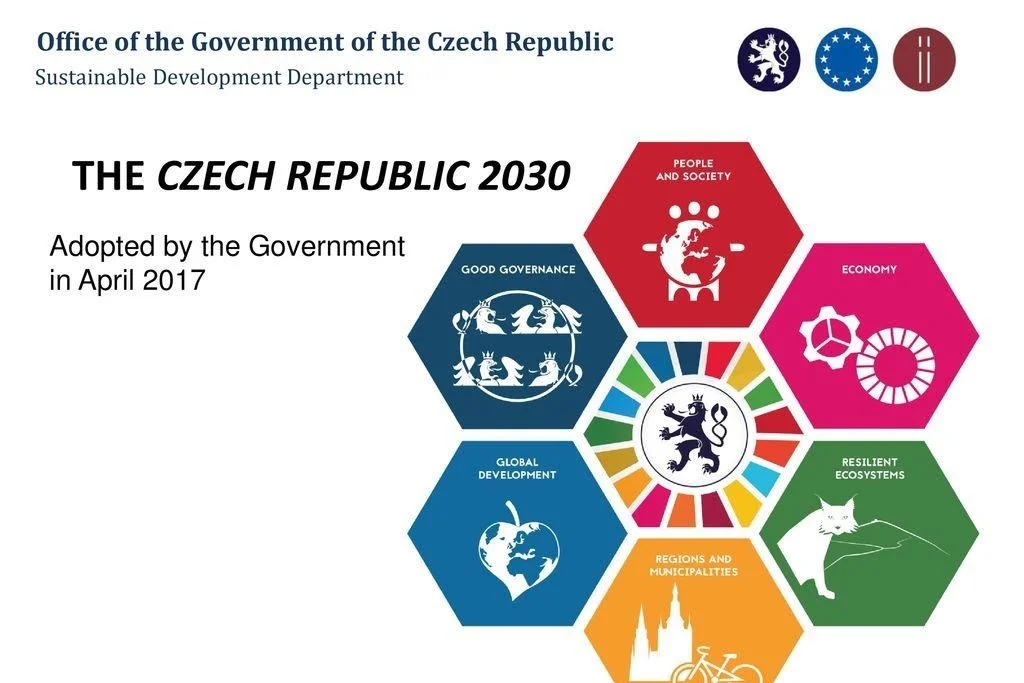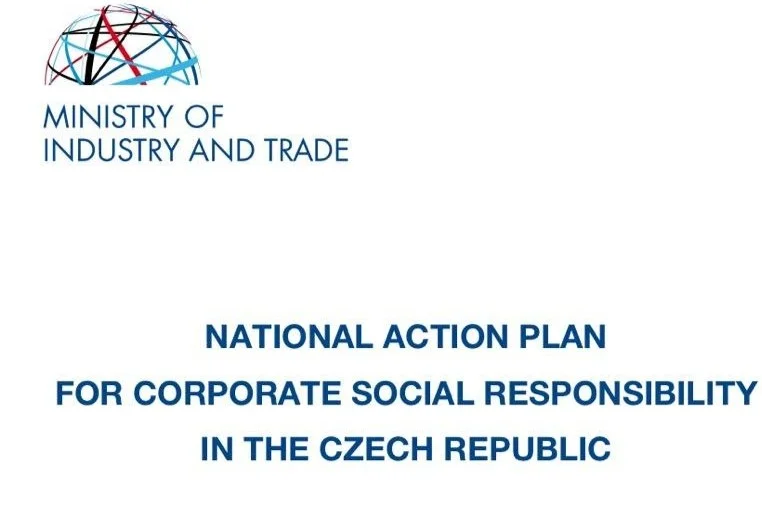Czech Republic rated above UK, eighth in EU in fulfilling sustainability goals

The Czech Republic is eighth among EU member countries in fulfilling sustainability goals according to the latest Europe Sustainable Development Report.
The Czech Republic is eighth among EU member countries in fulfilling sustainability goals, improving mainly in the fight against poverty, but seeing a slight decline in its climate protection measures, according to the latest Europe Sustainable Development Report.
The report measures each country’s success in achieving the 17 sustainable development goals set by the United Nations organisation.
According to the report, the Czech Republic is in first place among the countries of Eastern and Central Europe, leaving behind even some of the older EU member countries like the UK, Belgium or the Netherlands.
“The report shows that in regard to its approach to sustainable development, the Czech Republic can stand among the most advanced countries of the world. We are fulfilling the goals completely in the area of poverty, we are very good at fulfilling water management goals and our results are not bad even in the areas like the sustainability of cities and environmental protection. We can still do more in the fight against climate change, especially due to our high greenhouse gas emissions in energy production,” Deputy Environment Minister Vladislav Smrz said.
The report emphasises environmental protection and the decrease in emissions, but its two other pillars are social and economic development.
The Czech Republic has the lowest number of citizens threatened by poverty among all EU countries. It also reached a high evaluation in the subcategory of the long-term unemployment rate, which is lowest among all EU countries.
The Czech Republic also achieved improvements in the extent of its protected areas, important for the protection of biodiversity, as well as in the high quality of its groundwater.
In the category of fighting against climate change, the report shows a worsening trend, caused mainly by excessive CO2 emissions during energy production.
 Albania
Albania Algeria
Algeria Andorra
Andorra Argentina
Argentina Armenia
Armenia Australia
Australia Austria
Austria Azerbaijan
Azerbaijan Bahrain
Bahrain Belgium
Belgium Bolivia
Bolivia Brazil
Brazil Bulgaria
Bulgaria Cambodia
Cambodia Cameroon
Cameroon Canada
Canada Chad
Chad Chile
Chile China
China Colombia
Colombia Costa Rica
Costa Rica Croatia
Croatia Cyprus
Cyprus Czechia
Czechia Denmark
Denmark Ecuador
Ecuador Egypt
Egypt Finland
Finland France
France Georgia
Georgia Germany
Germany Ghana
Ghana Greece
Greece Hungary
Hungary Iceland
Iceland India
India Indonesia
Indonesia Ireland
Ireland Italy
Italy Jamaica
Jamaica Japan
Japan Jordan
Jordan Kazakhstan
Kazakhstan Kenya
Kenya Kuwait
Kuwait Latvia
Latvia Lebanon
Lebanon Libya
Libya Lithuania
Lithuania Luxembourg
Luxembourg Malaysia
Malaysia Maldives
Maldives Mali
Mali Malta
Malta Mexico
Mexico Moldova
Moldova Monaco
Monaco Morocco
Morocco Netherlands
Netherlands New Zealand
New Zealand Nigeria
Nigeria North Macedonia
North Macedonia Norway
Norway Oman
Oman




